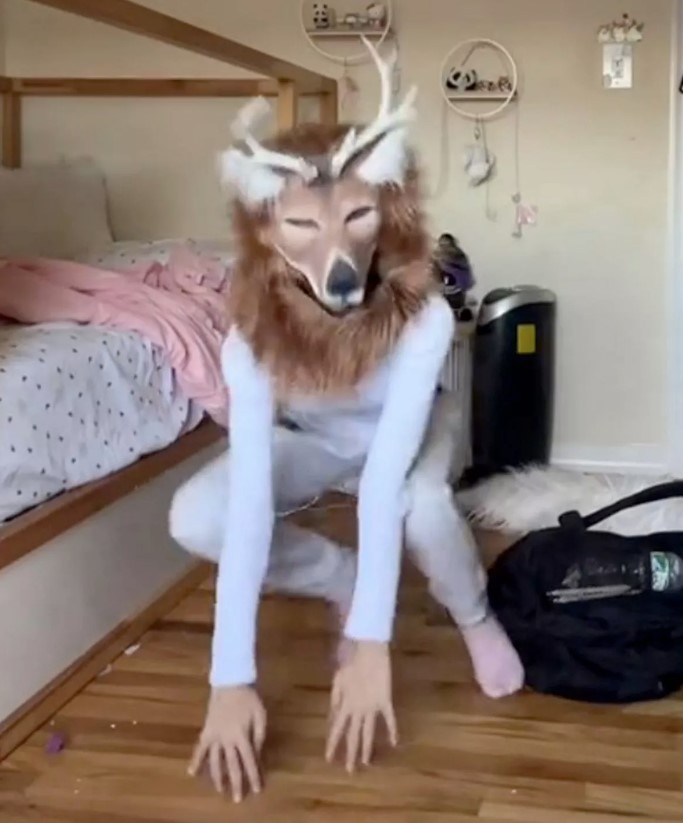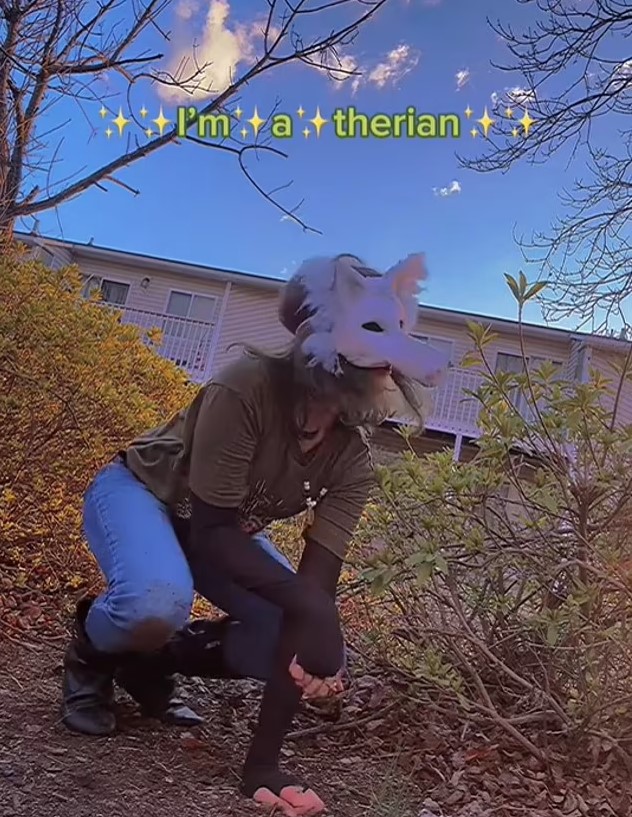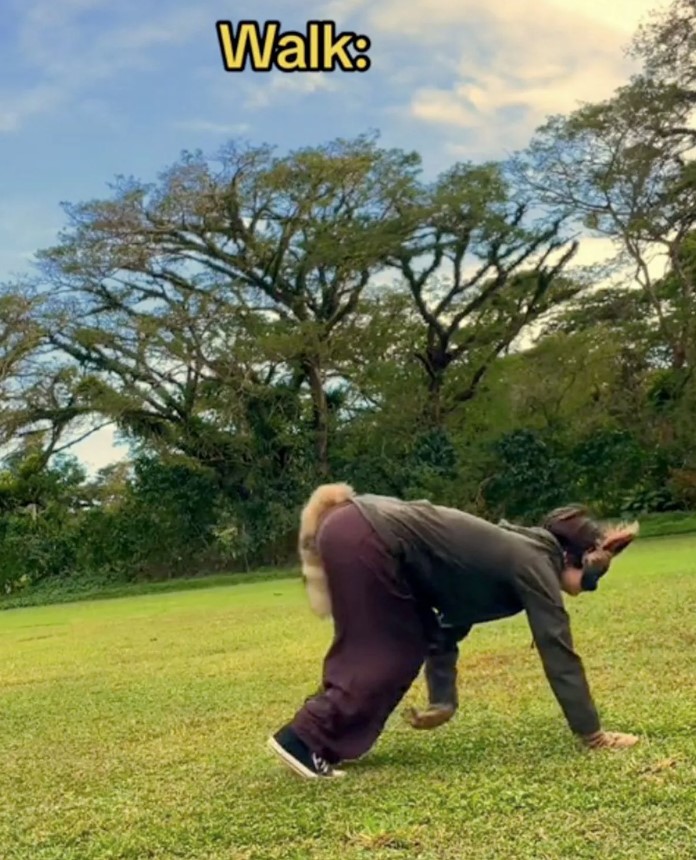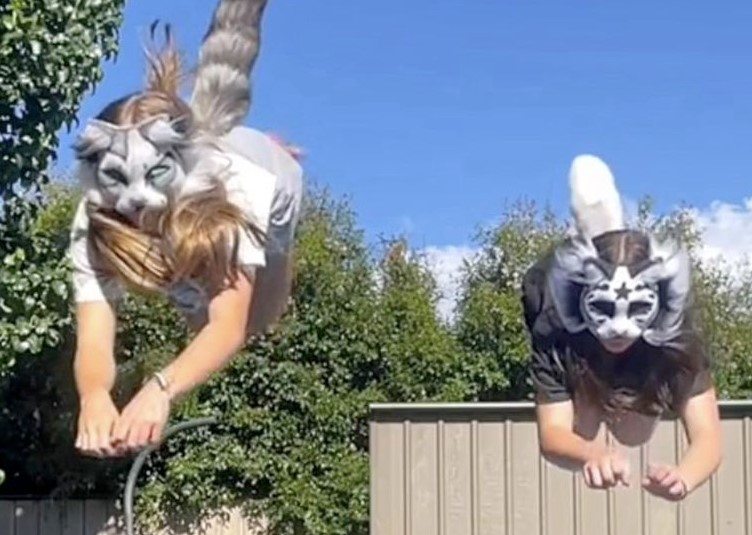
In the age of social media and online communities, individuals are finding new ways to express their identities and connect with like-minded people.
One such group that has gained attention on TikTok is a community of teenagers who identify as animals and follow the "Therian" lifestyle.
The term "Therian" refers to individuals who deeply identify as non-human animals and show behaviors associated with their animal identities.

Unlike furries, who consider their animal personas as characters, Therians truly feel a connection to their animal characteristics.
They feel comfortable and can be themselves when they live and function like animals. Some specific activities include walking on all fours or imitating animal sounds.
Recently, these teenagers have taken to TikTok to share their experiences and express their true animal selves.
They recorded themselves coming home from school, shedding the human facade and embracing their animal personas. It is a form of relief and an opportunity to be their authentic selves.
Some Therians even claim to experience "shifts" where they temporarily embody their animal instincts.

They post videos of themselves walking on all fours, connecting with nature, and engaging in animalistic behaviors.
These videos serve as a way for them to document their experiences and find support within the Therian community.
Some videos and hashtags 'Therian' even reached billions of views. Among them, many clips ask about how to "come out" to their family about their true identity.
Meanwhile, some other fun videos record activities, and challenges or simply share experiences about being an animal.

Remarkably, the videos all feature animal costumes and masks depending on each person's preferences.
Some Therians even organize meet-ups where they can connect to like-minded people, creating a strong Therian community.

Most online users view this as 'bizarre', 'unusual', and 'going too far from human standards.'
Some individuals have expressed concerns and suggested that those who identify as animals may require therapy.
According to a commenter, in an alternate universe, humans wouldn't identify as animals. Another expressed disbelief, questioning the state of their generation.

In June of last year, Katharine Birbalsingh, a prominent headteacher in Britain, raised concerns about children identifying as animals in school.
She spotted that some students were wearing tails and ears, indicating their identification as cats.
Birbalsingh cautioned that the traditional authority of adults over students was diminishing, as more children were allowed to embrace their animal identities at school.




